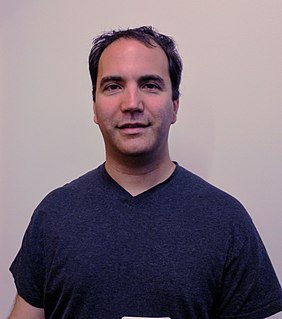A Quote by Fannie Flagg
In order to be Miss Anybody you had to have excellent grades, and I had terrible grades because of my dyslexia.
Related Quotes
I grew up in a very small, close-knit, Southern Baptist family, where everything was off-limits. So I couldn't wait to get to college and have some fun. And I did for the first two years. And I regret a lot of it, because my grades were in terrible shape. I never got in serious trouble, except for my grades.
In Jamaica we had the English way of schooling from the age of four, so when I got to America I was already a few years advanced because I started school at the age of three-and-a-half rather than six and my grades moved up accordingly. In America, they start you at school at six because the grades are different. I had to take a test and they didn't know what to do with me. It wasn't that I was any smarter; I had just started younger. All of a sudden I was jumped from eighth to tenth grade. They said I was very smart, but I was only smart in languages, really.
My long-held fear is that Mr. Obama is hiding something about his education. During the endless 2008 campaign, Mr. Obama would not release his college grades. Given that President George W. Bush and Sens. Al Gore and John Kerry all had proved mediocre grades were no impediment to a presidential bid, Mr. Obama likely had other concerns.



































